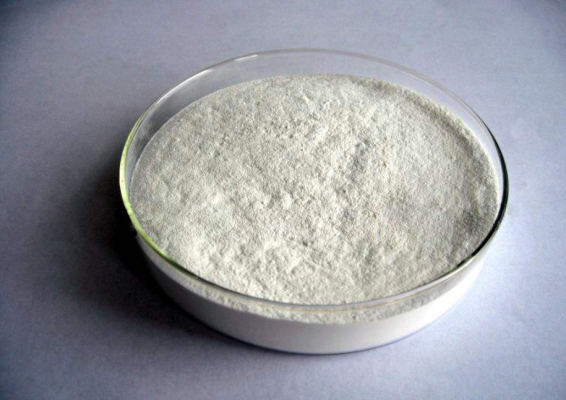Healthy diet
Is the emulsifier in food really harmful to health?
Food additives have many benefits: they extend the shelf life, improve the taste and texture, and add color to previously unattractive products. They are also highly controversial and have attracted a lot of media attention. But is the additive really harmful to your health? Or like “E-number in ice cream will increase your risk of bowel cancer” is the title just spreading the panic?
Food additives are carefully tested before they enter food and beverages, and many countries have regulatory agencies to assess their safety. Recently, however, it has been found in cell culture and animal experiments that the consumption of a common food additive called an emulsifier can damage the intestinal microbiota and increase the permeability of the intestinal tract – often referred to as “intestinal leakage.”
A leaky intestine allows bacteria to pass through the intestinal wall into the bloodstream. When this happens, the body will make an inflammatory reaction to defeat the invading bacteria. This inflammatory reaction destroys the body’s ability to handle glucose and may be a small factor in diabetes and obesity. But so far, this is only a discovery in mice and cell models.
If you are reading this article, chances are you are not a mouse. Humans may have been eating emulsifiers for thousands of years – mainly from eggs – and mice are not. Therefore, the study of eating or drinking emulsifier in mice has little to do with us – although they provide a good starting point for future research – to form new theories and answer the initial questions.
So far, there has not been much research on the potentially harmful effects of emulsifiers on the human body. The most commonly used emulsifier is lecithin, which is present in the cell walls of all plants and animals. Lecithin is probably the main ingredient of the most famous egg yolk and is known for its role in making mayonnaise, although it is usually derived from soy as an additive.
Hard to avoid
Avoid some additives, such as artificial sweeteners, because they usually advertise on products. But avoiding emulsifiers is much more difficult. In the Western diet, lecithin is up to 6 grams per day from food, and an egg yolk contains about 1.5 grams of lecithin.
Emulsifiers are also added to a variety of processed foods, including ice cream, chocolate, and baked goods to create a smooth texture, prevent separation, and extend shelf life. This makes it even more important to find out if lecithin or other emulsifiers are harmful to our health.
Interestingly, scientists are not only studying the potential negative effects of lecithin. Studies in humans have shown that it may lower blood cholesterol, lower diastolic blood pressure, and increase the availability of biologically active compounds. The health food store even sells it as a dietary supplement.
At the University of Aberdeen, researchers are conducting a study on humans (called FDAiets) to determine the health effects of lecithin intake. Researchers are testing a low-emulsifier diet and a high-emulsifier diet, and their kitchens provide all the food in a controlled manner.
The researchers took samples from the volunteers’ blood and feces, then observed the amount of bacterial DNA in the blood, the ability of the volunteers to process glucose, the amount of cholesterol in the blood, and the composition of the gut bacteria. These results will help them understand the impact of lecithin on human health.
At the same time, although there is evidence that processed foods and emulsifier-rich foods are harmful to humans, it is too early to say that we should stop eating them. In particular, processed foods play a vital role in our enjoyment of food. It is hard to imagine what life is like without processed food?



